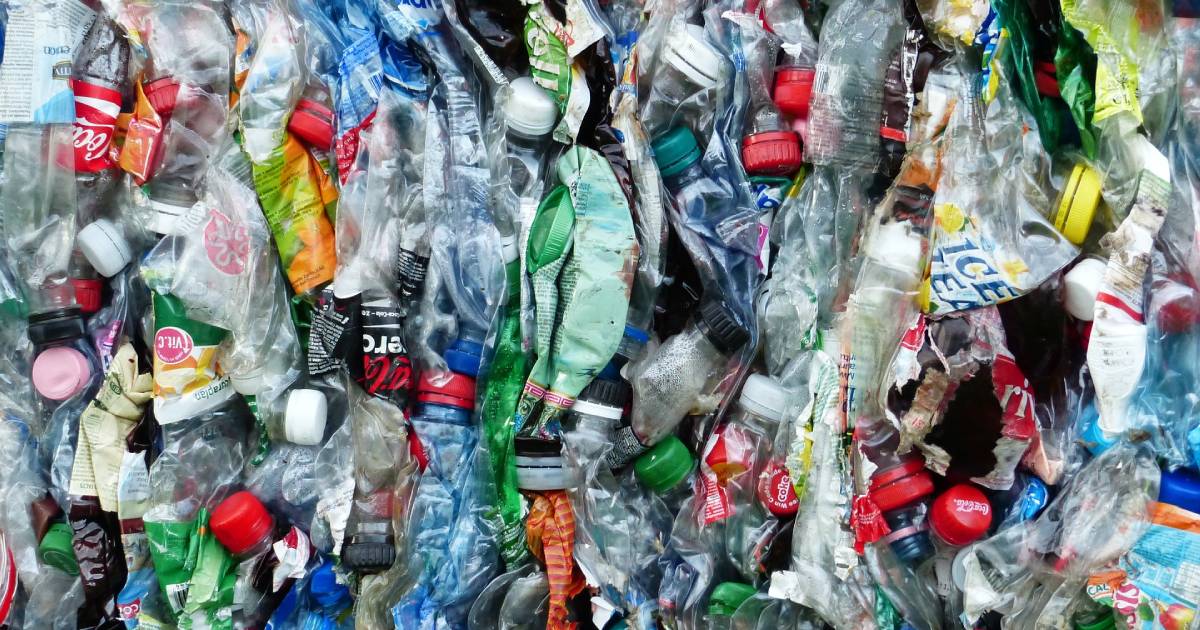
Of the more than 400 million metric tons of plastics produced annually around the globe, only about 15% is recycled, and the rest piles up in landfills and oceans. The U.S. Department of Energy is taking aim at addressing this problem by awarding $25 million in funded research, including to Colorado State University, for new technology solutions toward reusing and upcycling discarded plastics.
University Distinguished Professor Eugene Chen, of CSU’s Department of Chemistry, will lead a three-year, $3 million research project funded under DOE’s program titled Polymer Upcycling Research to Reduce Plastics Waste. The project will entail the design, discovery and development of next-generation polymers – including plastics – that, unlike commodity plastics of today, are chemically recyclable. The project team includes Garret Miyake, CSU associate professor in the Department of Chemistry, along with collaborators at Northwestern University and MIT.
The team will work to create what they call “circular polymers” – materials that break the current linear economic framework of mine, make, use and dispose. They aim to develop fundamental design principles for polymers that can be depolymerized back into their monomer building blocks after their serviceable life, allowing them to be made again, repeatedly. “The rational design of tomorrow’s polymers must consider their end-of-life issues and establish closed-loop lifecycles toward a circular materials economy,” the research proposal states.
Chen, whose work in this research area has spanned over a decade, previously demonstrated in the lab a circular polymer with intrinsic, infinite chemical recyclability. He also invented a new catalysis path for a set of biodegradable biomaterials with the promise for competing with commodity plastics.
DOE consortium
In a related effort to combat worsening plastics pollution, Chen’s team has also joined a newly founded DOE consortium called Bio-Optimized Technologies to Keep Thermoplastics out of Landfills and the Environment, or BOTTLE.
The focus of this multi-institution consortium is the development of new chemical upcycling strategies for today’s plastics and for redesigning tomorrow’s plastics to be recyclable-by-design. Chen serves on the leadership team of the consortium, leading the Redesign task group focused on creating plastics that are intrinsically recyclable, economically viable, energy efficient and derived from bio-based sources or waste plastics. Chen’s team at CSU is awarded $2.4 million toward this effort for three years.
Chen is also involved with two smaller BOTTLE projects led by the University of Wisconsin-Madison and the University of Delaware, with subcontract awards to CSU totaling $600,000.